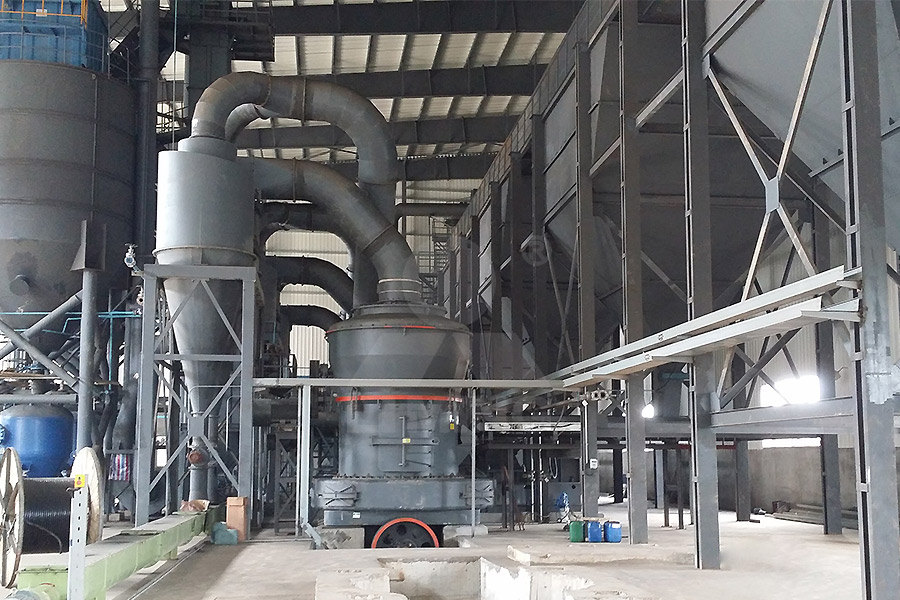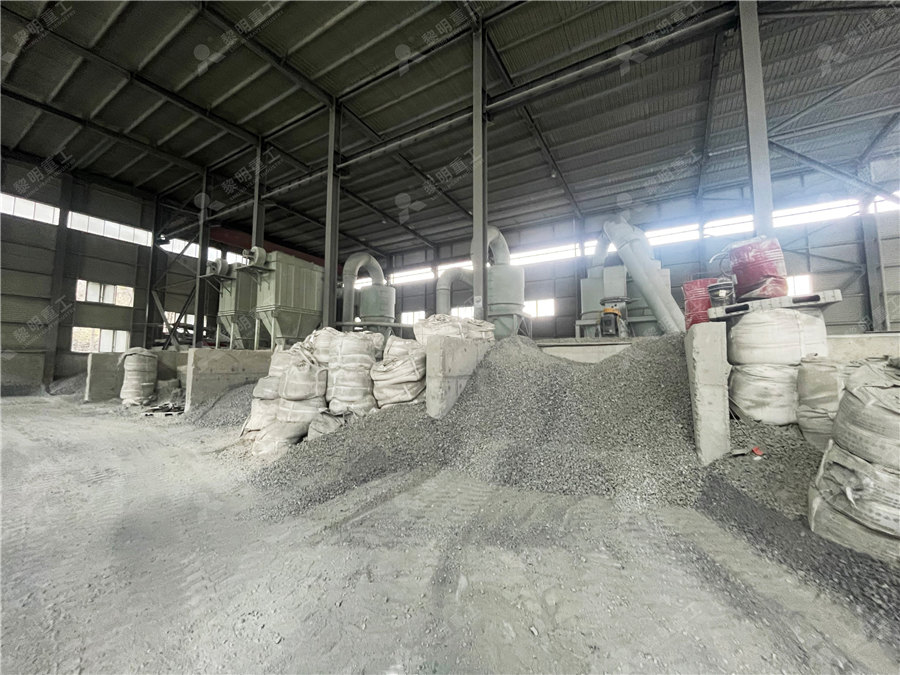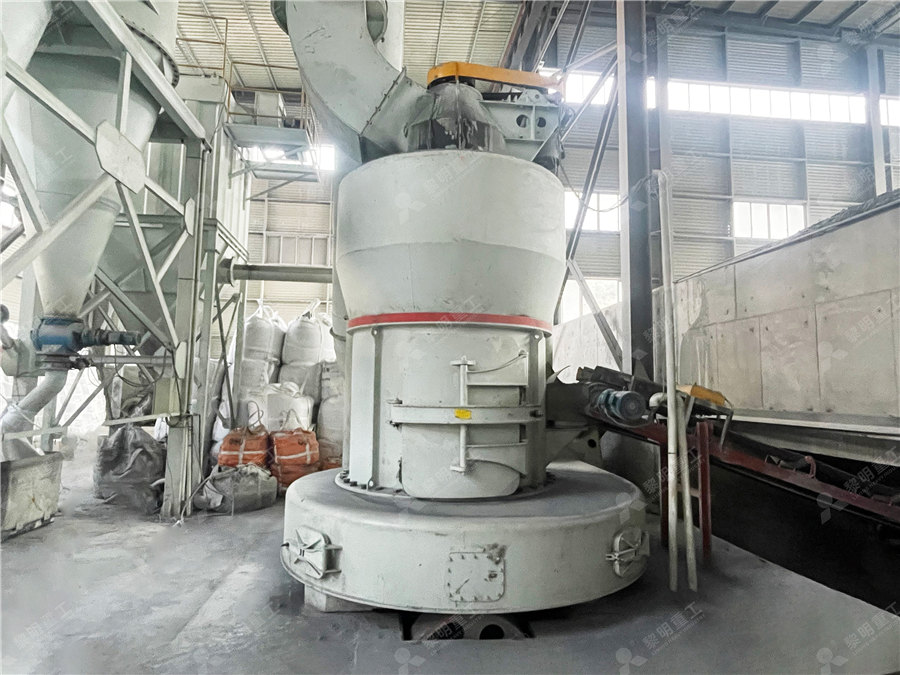
Iron scrap processing production process
.jpg)
Steel Scrap and Scrap Sorting and Preparation Processes
2017年1月23日 Home scrap is the internally generated scrap during the manufacturing of the new steel products in the steel plants It is also known as runaround scrap and is the material in the form of trimmings or rejects As mentioned above, the iron and steel scrap is essentially of three types (Fig 1) namely (i) internally generated scrap during the production of iron and steel and their products inside an integrated steel plant, (ii) new scrap, prompt, or Iron and Steel Scrap and its Recycling IspatGuru2024年1月1日 Iron and steel scrap is the general term for unqualified products produced in the process of steel production, processing waste in the application of steel materials, and steel Iron and Steel Scrap SpringerLinkThe first metallurgical step is to reduce iron ore to metallic iron, a process which is mostly carried out in a blast furnace, using coke as both a fuel and reducing agentThe Making of Iron Steel SEAISI

Iron Scrap an overview ScienceDirect Topics
2012年1月1日 DRI and hot briquetted iron (HBI) are normally used directly for EAF steelmaking process, but they can be used to boost blast furnace production Scrap has the same effect Scrap acts as a cooling agent, absorbing excess heat from the exothermic decarbonisation process, and also as a source of iron units In some cases, scrap is added directly to the BF Scrap use in the steel industryOur calculation model for global ferrous scrap use in iron and steel foundries is produced in collaboration with the German Foundry Association (BDG) These calculations cover the BIR GLOBAL FACTS FIGURES FERROUS METALS Bureau of Scrap usage rates in steelmaking differ significantly around the world depending on the production process used in each market and its domestic scrap availability In regions that rely heavily on The growing importance of steel scrap in China
.jpg)
Analysis of iron and steel production paths on the energy demand
2022年3月8日 Due to China’s continuous increase of scrap steel resources, China should change the iron and steel production structure, vigorously develop the electric arc furnace Steel mill with two arc furnaces Steelmaking is the process of producing steel from iron ore and/or scrapIn steelmaking, impurities such as nitrogen, silicon, phosphorus, sulfur, and excess carbon (the most important impurity) are Steelmaking WikipediaPDF On Dec 27, 2019, Mr Bhavesh R Rana published ironsteel making From start to finish Find, read and cite all the research you need on ResearchGate(PDF) ironsteel making From start to finish2022年3月8日 At present, China's iron and steel production is mainly based on the long process of BFBOF as lacking of scrap steel and DRI output, accounting for about 90% percent of crude steel production in recent years (Editorial Board of China Iron and Steel Industry Yearbook 1991–2020; World Steel Association 1990–2020), which has a large CO 2 emission per ton of Analysis of iron and steel production paths on the energy

Iron processing Smelting, Refining, Alloying Britannica
Iron processing Smelting, Refining, Alloying: The primary objective of iron making is to release iron from chemical combination with oxygen, and, since the blast furnace is much the most efficient process, it receives the most attention here Alternative methods known as direct reduction are used in over a score of countries, but less than 5 percent of iron is made this wayhome scrap’s availability is directly linked to steel production volumes Typically, home scrap is fully and immediately recycled in the mill 2 Prompt (or industrial) scrap Generated in the downstream manufacturing process, prompt scrap rates tend to track finished steel consumption Like home scrap, prompt scrap is usually fully recycledThe growing importance of steel scrap in ChinaThe BOS process uses pure oxygen, injected by a lance, for refining the relatively impure hot metal (and scrap is used for temperature control) The electric arc furnace uses primarily electrical energy to supply heat to melt scrap steel, sponge iron, or mixtures of scrap and other iron units Compared to the BOS process, the EAF requiresThe Making of Iron Steel SEAISIThe use of EAFs has expanded and now accounts for over 70 percent of steel production in the United States The EAF is different from the blast furnace as it produces steel by using an electrical current to melt scrap steel, direct reduced iron, and/or pig iron, to produce molten steelSteel Production American Iron and Steel Institute

1A Manufacturing Process for Iron and Steel
In addition to the BFBOF process, there is another process which utilizes mainly scrap as an iron source, with some direct reduced iron whenever necessary The direct reduced iron is produced by reducing iron ore with reformed natural gas, whose principal components are hydrogen, carbon monoxide, and methaneMost of this material is recycled, however, since steel scrap is an essential resource in steelmaking Scrap which isn't recycled eventually turns into iron oxide, or rust, and returns to the ground The Future On the surface, the future of iron production—especially in the United States—appears troubledHow iron is made material, manufacture, making, history, used A great place to start is by taking your scrap to GLE Scrap Metal, a premier scrap metal recycler GLE will purchase, process, and reintegrate all recyclable metals while using environmentallyfriendly processes Visit our website to request a free Your StepbyStep Scrap Metal Processing Guide: How Is Metal Steel billet production process of continuous casting machines is the raw material for a variety of steelmaking products, molten iron is combined with scrap steel and other alloying materials to adjust the chemical composition it Steel Billet Production Process Hani Metallurgy
.jpg)
Steel Production Process: The Comprehensive Guide
2023年9月1日 The Effects of Chemical Elements on Steel Properties 1 Carbon (C): As the carbon content in steel increases, the yield point and tensile strength rise, but plasticity and impact resistance decrease When the carbon For merchant pig iron production, the iron is cast into ingots; in integrated steel mills, the molten iron or hot metal is transferred in torpedo ladle cars to the steel converters Slag is transferred to slag pits for further processing into usable Pig iron blast furnace route International IronThis study analyzes Iron Scrap Production from Iron Metal Processing, covering manufacturing, process flow, operating expenses, and financial considerations +1 307 363 1045 sales@procurementresourceIron Scrap Production Cost Analysis from Iron Metal ProcessingCast iron has already been mentioned above This section deals with the types of iron and steel which are produced as a result of the steelmaking process Wrought iron: If all the carbon is removed from the iron to give high purity iron, it is known as wrought iron Wrought iron is quite soft and easily worked and has little structural strength233: Metallurgy of Iron and Steel Chemistry LibreTexts
.jpg)
125 Iron And Steel Production US EPA
1251 Process Description13 The production of steel at an integrated iron and steel plant is accomplished using several interrelated processes The major operations are: (1) coke production, (2) sinter production, (3) iron production, (4) iron preparation, (5) steel production, (6) semifinished product preparation, (7) finishedthe exothermic decarbonisation process, and also as a source of iron units In some cases, scrap is added directly to the BF as a source of iron units, reducing greenhouse gas every tonne of scrap used for steel production avoids the emission of 15 tonnes of CO 2 and the consumption of 14 tonnes of iron ore, 740kg of coal and 120Scrap use in the steel industryExplore Scaw Metals' Direct Reduced Iron (DRI) solutions, providing highquality iron for steel production Learn about our sustainable process and its applications in manufacturing, mining, and construction industriesDirect Reduced Iron Scaw MetalsScrap recycling will never yield the exact distribution of items that players might need With scrap recycling, this is a problem; Unlike on Nauvis, where having enough iron will simply pause iron production and nothing else, to pause production of one scrap recycling product is to pause scrap recycling altogetherTutorial:Scrap recycling strategies Factorio Wiki
}@~3SRDG`IA1KP_ICWAA.jpg)
Life Cycle Assessment of Environmental Impact of Steelmaking Process
2020年12月3日 However, the production of environmentally friendly asphalt mixtures or other asphalt mixtures for road construction consumes a large amount of natural aggregates, whose quarrying is not only a 2023年6月14日 Iron and steel scrap and iron ore are both the main ferritic raw materials for steelmaking Compared with the same amount of pig iron processed from iron ore, every ton of iron and steel scrap can save about 07 tons of standard coal, saving energy by about 60%, and reducing about 16 tons of carbon dioxide emissionsIron and Steel Scrap SpringerLink2011年7月1日 Ilmenite (FeOTiO 2 or TiFeO 3) contains 40–65% TiO 2, depending on its geological historyLeucoxene (Fe 2 O 3 nTiO 2) is a natural alteration product of ilmenite, typically containing more than 65% TiO 2 Table 1 lists the most common titanium minerals and their chemical compositions (Barksdale 1966; Rhee and Sohn 1990; Whitehead 1983)Rutile A literature review of titanium metallurgical processes2013年3月16日 DRI production process The DRI production process involves the intimate mixing of prepared (sized) iron ore with a reductant, which is also generally used for heating of the ore bed to the temperature needed to Direct Reduced Iron and its Production Processes –

Processing Techniques and Productions of Ductile Iron: A
Ductile iron is made by the treatment of molten iron with nodulizing (spheroidizing) material During this treatment, graphite changes from flakes to nodules or spheres The treatment process is a key operation in the production of ductile iron that ensures a predetermined microstructure, and mechanical and engineering properties of castings2021年3月8日 Secondary steel production using mainly steel scrap in electric Direct Reduced Iron (DRI): This iron production process directly reduces iron ore in solidstate with the reaction and carbon footprint greatly depends on the land, production, processing, transport, and final application [(Johnson, 2009)] As many have LowCarbon Production of Iron Steel: Technology Options, 2024年5月13日 The Steel Manufacturing Process The steel production process is a multifaceted journey that begins with extracting and processing iron ore, a primary raw material essential to steel making Iron ore undergoes a series of refining steps to extract the iron content, culminating in the creation of molten ironSteel Manufacturing: Process, Types, and Standards Thomasnet2012年1月1日 Lauri Holappa, in Treatise on Process Metallurgy: Industrial Processes, 2014 11326 DRI and Scrap DRI and hot briquetted iron (HBI) are normally used directly for EAF steelmaking process, but they can be used to boost blast furnace production Scrap has the same effect and it is also used to recycle iron and steel scrap from slag handlingIron Scrap an overview ScienceDirect Topics

How is Steel Made? Steel Production Process – What Is Piping
The Bessemer Process for Steel production and; The Open Hearth Process of Steelmaking; Steel manufacturing Principle of the Bessemer Process The main raw materials for Steel production in a blast furnace are Iron ore, limestone, coke, and some scrap steel These materials are charged into the blast furnace from the top and converted into This type of iron is used for manufacturing of pipes for carrying water and sewage due to its high strength, ductility and good resistance to corrosion (7) Toughened CastIron: This variety of castiron is obtained by melting castiron with wroughtiron scrap The proportion of wroughtiron scrap is about to ¼th to 1/7th of weight of castironCastIron: Manufacture, Composition, Types, Properties and 2023年11月23日 This paper develops a processlevel carbon emission calculation model for iron and steel enterprises through the carbon emission mechanism of the whole production process The relationship between material, energy and carbon flows is considered and combined The carbon emissions of enterprises are divided into industrial emissions and combustion CO2 emission accounting and emission reduction analysis of the Steel mill with two arc furnaces Steelmaking is the process of producing steel from iron ore and/or scrapIn steelmaking, impurities such as nitrogen, silicon, phosphorus, sulfur, and excess carbon (the most important impurity) are Steelmaking Wikipedia
.jpg)
(PDF) ironsteel making From start to finish
PDF On Dec 27, 2019, Mr Bhavesh R Rana published ironsteel making From start to finish Find, read and cite all the research you need on ResearchGate2022年3月8日 At present, China's iron and steel production is mainly based on the long process of BFBOF as lacking of scrap steel and DRI output, accounting for about 90% percent of crude steel production in recent years (Editorial Board of China Iron and Steel Industry Yearbook 1991–2020; World Steel Association 1990–2020), which has a large CO 2 emission per ton of Analysis of iron and steel production paths on the energy Iron processing Smelting, Refining, Alloying: The primary objective of iron making is to release iron from chemical combination with oxygen, and, since the blast furnace is much the most efficient process, it receives the most attention here Alternative methods known as direct reduction are used in over a score of countries, but less than 5 percent of iron is made this wayIron processing Smelting, Refining, Alloying Britannicahome scrap’s availability is directly linked to steel production volumes Typically, home scrap is fully and immediately recycled in the mill 2 Prompt (or industrial) scrap Generated in the downstream manufacturing process, prompt scrap rates tend to track finished steel consumption Like home scrap, prompt scrap is usually fully recycledThe growing importance of steel scrap in China
.jpg)
The Making of Iron Steel SEAISI
The BOS process uses pure oxygen, injected by a lance, for refining the relatively impure hot metal (and scrap is used for temperature control) The electric arc furnace uses primarily electrical energy to supply heat to melt scrap steel, sponge iron, or mixtures of scrap and other iron units Compared to the BOS process, the EAF requiresThe use of EAFs has expanded and now accounts for over 70 percent of steel production in the United States The EAF is different from the blast furnace as it produces steel by using an electrical current to melt scrap steel, direct reduced iron, and/or pig iron, to produce molten steelSteel Production American Iron and Steel InstituteIn addition to the BFBOF process, there is another process which utilizes mainly scrap as an iron source, with some direct reduced iron whenever necessary The direct reduced iron is produced by reducing iron ore with reformed natural gas, whose principal components are hydrogen, carbon monoxide, and methane1A Manufacturing Process for Iron and SteelMost of this material is recycled, however, since steel scrap is an essential resource in steelmaking Scrap which isn't recycled eventually turns into iron oxide, or rust, and returns to the ground The Future On the surface, the future of iron production—especially in the United States—appears troubledHow iron is made material, manufacture, making, history, used
.jpg)
Your StepbyStep Scrap Metal Processing Guide: How Is Metal
A great place to start is by taking your scrap to GLE Scrap Metal, a premier scrap metal recycler GLE will purchase, process, and reintegrate all recyclable metals while using environmentallyfriendly processes Visit our website to request a free













